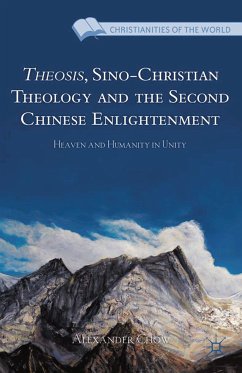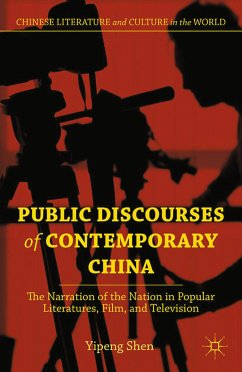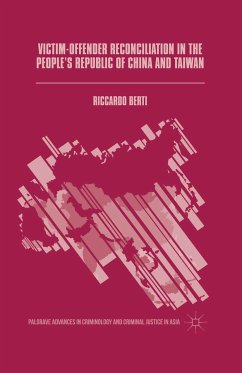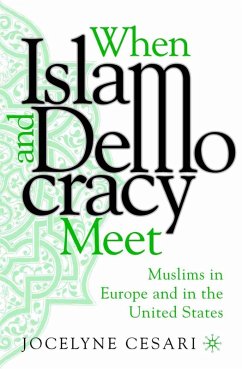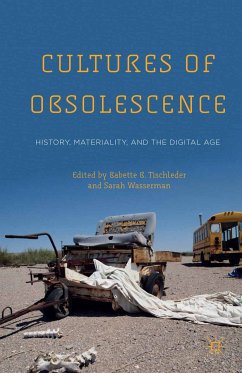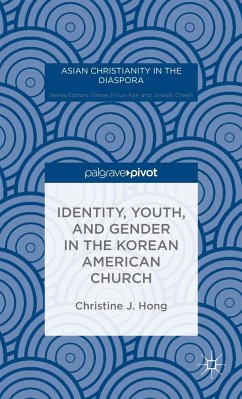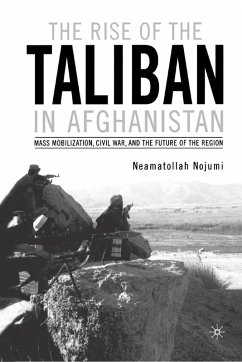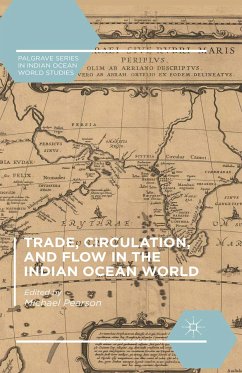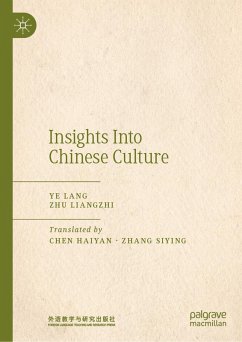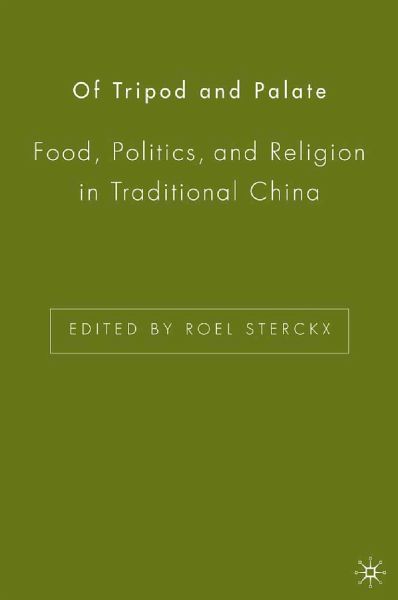
Of Tripod and Palate (eBook, PDF)
Food, Politics, and Religion in Traditional China
Redaktion: Sterckx, R.
Versandkostenfrei!
Sofort per Download lieferbar
72,95 €
inkl. MwSt.
Weitere Ausgaben:

PAYBACK Punkte
36 °P sammeln!
Attitudes toward food and commensality constituted a central fiber in the social, religious, and political fabric of ancient Chinese society. The offering of sacrifices, the banqueting of guests, and the ritual preparation, prohibition or consumption of food and drink were central elements in each of China's three main religious traditions: the Classicist (Confucian) tradition, religious Daoism, and Buddhism. What links late Shang and Zhou bronze vessels to Buddhist dietary codes or Daoist recipes for immortality is a poignant testimony that culinary activity - fasting and feasting - governed ...
Attitudes toward food and commensality constituted a central fiber in the social, religious, and political fabric of ancient Chinese society. The offering of sacrifices, the banqueting of guests, and the ritual preparation, prohibition or consumption of food and drink were central elements in each of China's three main religious traditions: the Classicist (Confucian) tradition, religious Daoism, and Buddhism. What links late Shang and Zhou bronze vessels to Buddhist dietary codes or Daoist recipes for immortality is a poignant testimony that culinary activity - fasting and feasting - governed not only human relationships but also fermented the communication between humans and the spirit world. In Of Tripod and Palate leading scholars examine the relationship between secular and religious food culture in ancient China from various perspectives.
Dieser Download kann aus rechtlichen Gründen nur mit Rechnungsadresse in A, B, BG, CY, CZ, D, DK, EW, E, FIN, F, GR, HR, H, IRL, I, LT, L, LR, M, NL, PL, P, R, S, SLO, SK ausgeliefert werden.



